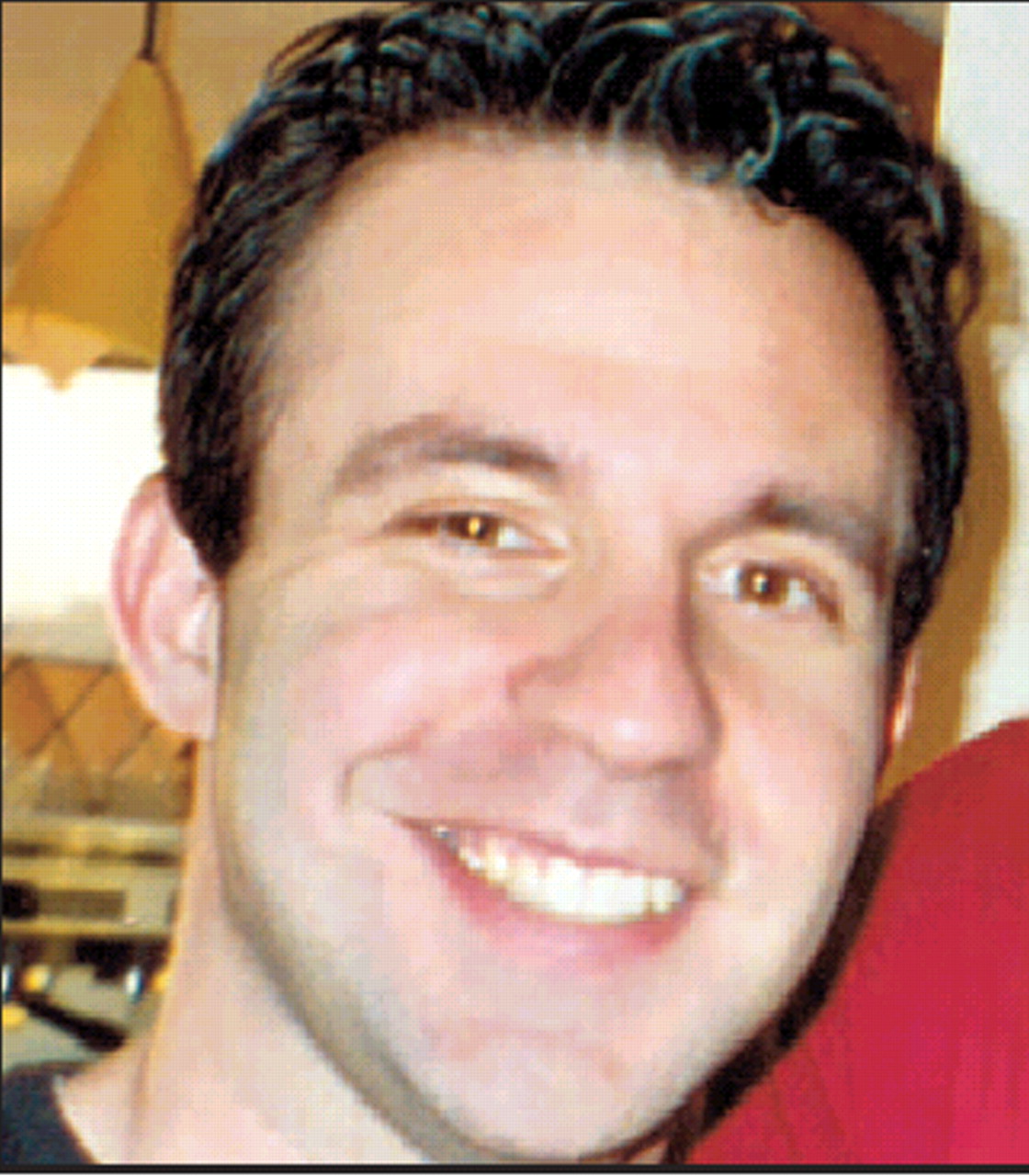The education of medical students and young physicians has evolved over the past several years with the advent of evidence-based medicine and a greater focus on clinical skills.
At the same time the field of consultation-liaison (C-L) psychiatry has grown significantly, with an increase in the number of programs and fellowships offered across the country, a greater number of training hours in C-L required for psychiatry residents, and recent approval of subspecialty status. In addition, at many medical centers C-L psychiatry is becoming a part of both medical student education and internal medicine residencies.
More and more programs like the one at which I am chief resident (Long Island Jewish Medical Center) are giving C-L lectures, courses, and even rotations to their medicine residents. Young internists are learning skills such as how to talk to a patient about proxy issues and about breaking bad news, death and dying, and coping with cancer. Medical students are also learning about these topics, and some are spending entire clerkships in C-L psychiatry.
As a third year medical student, I was fortunate to have had a C-L psychiatry clerkship. It helped me significantly in all of my third-year clerkships, as well as in attracting me to the field of psychiatry. Unfortunately, more than half of my colleagues never got a taste of C-L psychiatry. They did traditional inpatient psychiatry clerkships and later went into their medical residency programs having learned little about the field except for such disorders as schizophrenia, bipolar disorder, and major depression. In medical schools, few classes focus on ethics and the doctor-patient relationship. No wonder so few young docs feel comfortable breaking bad news to patients and their families.
I remember being a medical student on my internal medicine rotation and being told to break the bad news to a previously healthy patient that he had brain cancer. Both the attending and medicine chief resident “passed the buck” to me. Fortunately, I had had my C-L psychiatry rotation and felt confident despite being “the third-year medical student wearing the short white coat.” Yet students and interns are often thrown into these situations by their superiors and are left feeling uncomfortable and unsure of how to handle them.
So what can we do about this? First, we can train more students and young physicians earlier on. Many programs, as I have mentioned, are educating their medicine residents in the above skills, and more medical schools are having their students do C-L clerkships during their third year. A great start, but the problem remains that the majority of medical centers and medical schools do not expose their students or residents to this area of psychiatry. Had I not done a C-L psychiatry clerkship, I probably would have not entered the field of psychiatry and would have gone into pediatrics.
Another problem resides in the fact that most of these “programs” that teach clinical skills focus on medicine residents and fail to educate those in surgery, obstetrics/gynecology, and other specialties.
The primary question I pose is whether a C-L psychiatry rotation should be mandatory for graduation from medical school. As students we have many requirements including 12 weeks of surgery, a number of clerkships in primary care medicine, and many electives, but no C-L psychiatry clerkship. Could we add in a four- to six-week rotation in this field of psychiatry? I believe that future doctors would then become more “empathic, caring docs.”
As chief resident in psychiatry, I still hear students asking to spend time on a C-L psychiatry clerkship. Unfortunately, only a few will get that chance.
One of the three medical schools that send students to our institution has none of their students rotate on the C-L service, while the other two have half of their students on the service. Thus, even at an institution that trains one of the largest numbers of medical students in psychiatry in the country and has one of the largest C-L psychiatry fellowships, only a third of students are exposed to C-L psychiatry. This is quite unfortunate—unfortunate for psychiatry in that it will lose potential residency candidates and unfortunate for medicine in that it will have fewer doctors who have the tools to become “complete” physicians.
There is a lot we can do, and I am hopeful that the next generation of physicians will feel more comfortable and confident talking about difficult issues with their patients. In my limited role as teacher and mentor to interns and medical students, I hope to have an impact in helping them reach that goal. ▪

